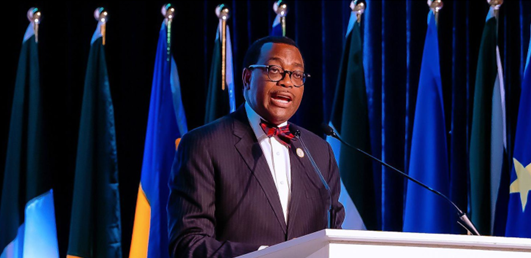
The thing employees miss most about the office
By now, almost everyone’s seen the meme that says 2020 wasn’t the year of working from home, but rather living at work. And, in many cases, home is not only the office, but also the classroom and everything inbetween. It’s fair to say that the novelty is wearing thin. So how do office workers feel about the workplace now?
The results of a Back to Work survey conducted by The Business Exchange late last month found that more than a quarter of respondents will be more than happy to return to the office – with the vast majority (42%) indicating they’d prefer to do so weekly, followed by 25% who’d choose monthly.
Interesting to note is that most respondents cited “interactions with other people” as the thing they miss most about the office. David Seinker, founder and CEO of The Business Exchange, is unsurprised by this finding: “We know that the longer staff are away from the office, the more they miss out on that X factor that is critical to business success and innovation: serendipity.”
Seinker describes serendipity as an unplanned fortunate discovery. In the office, it refers to the accidental encounters that force interaction and strengthen relationships between co-workers. So powerful is serendipity as a force, that many companies have even tried to incorporate this elusive element into their office design.
What we know for sure is that such chance encounters are almost impossible to recreate in a remote environment. But we also know that we’re not in the clear when it comes to Covid-19 by any means, and that social distancing measures will need to remain in place for the foreseeable future.
While people across the globe continue to work under the ‘new normal’ conditions created as a result of the pandemic, the team at GetApp were interested to explore the topic of how businesses and employees of South Africa have experienced this new world order of work…
Survey respondents also listed hand sanitising stations, regular cleaning of workspaces and the obligatory wearing of masks as the three most important factors in ensuring a comfortable return to the office.
“The findings make it clear that simply going back to the office as we did pre-lockdown is definitely not the answer,” Seinker believes. He suggests that the solution lies in a flexible, hybrid model that allows staff to work from the office on certain days of the week and remotely on others – as is offered by a serviced office solution.
This model also offers significant benefits for companies concerned about being tied down by long, inflexible leases in the current fast-changing reality. If they choose the option of a fully-serviced professional office in which to pursue this hybrid approach, they can save on rental costs through more efficient utilisation of space and associated costs, including large fit-outs, furniture and even IT infrastructure.
“At the same time, it provides an environment where people can interact with their colleagues and other like-minded people, enhancing creativity, productivity and problem-solving,” Seinker concludes.
















